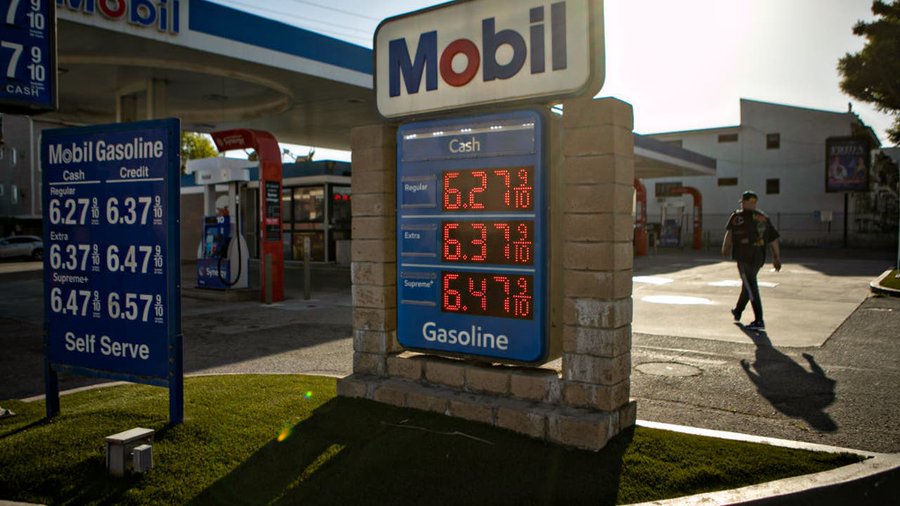Financial Burdens are Necessary to Help Ukraine
Since Russian forces invaded Ukraine under the pretense of a “special military operation” aimed to combat “genocide” and “Neo-Nazi groups,” people all over the globe have been forced to reckon with the effects of this crisis.
The United States and North Atlantic Treaty Organization (NATO) allies have condemned Russian President Vladimir Putin for the violence that followed these unsubstantiated claims. However, the domestic impacts of sanctions imposed upon Russia have been met with varying degrees of support from the public.
To punish Russia for its crimes against humanity, the U.S. and European allies have effectively ceased importing Russian oil, one of the country’s biggest exports. This move, in tandem with the decision to cut off Russia from international banking systems such as SWIFT, has tanked the value of the ruble, which is now worth less than one cent.
However, the American economy has also hit a speed bump, with investment bank Goldman Sachs predicting a recession in the near future. Since Russia accounts for nearly 10% of the world’s oil supply, its sudden absence from the market has caused demand to outweigh supply, leading to a drastic increase in oil prices. This issue combined with record-high inflation, the beginnings of which preceded the Russo-Ukrainian conflict, are causing consumers to face higher energy costs, as well as increases in prices across the market, on everything from groceries to childcare.
There is work to be done by federal, state and local governments to assist the people hit hardest by this most recent blow to the economy, but the solution is not rolling back sanctions on Russia. The Biden Administration is working off the idea that Americans are willing to take on financial sacrifices to help combat the conflict caused by Russia, but where Americans truly place the blame depends on who you ask.
It is difficult to dismiss the worries of those most impacted by rising prices. Although many things are seeing price increases, wages have not been able to keep up, rising by only one penny in February 2022. Transportation alone is becoming a struggle for Americans, to the point where commuting to work may soon become utterly unaffordable for some people.
With Russian forces targeting civilians, hospitals and schools, economic sanctions are the only retaliatory actions the U.S. can take short of putting troops on the ground, which many fear would spark a third, potentially nuclear, world war. The U.S. must retaliate against Russia and their “war crimes,” as Secretary of State Anthony Blinken referred to the country’s actions on March 17.
This is the right thing to do, since anything less than a united response from NATO may embolden Russia to push into other European countries, which would spark further conflicts and catastrophe.
So what is being done now and can be done in the future to alleviate the financial burden on Americans? The Federal Reserve has raised interest rates to combat inflation. This move incentivizes people to borrow and spend less on things, including labor, which might slow the wage-price spiral.
In his State of the Union address, the President insisted that the problem can be assuaged with competition among businesses and a stronger supply chain, though the efficacy of these approaches will take patience to determine.
In the short term, individuals can combat rising gas prices by trying to use public transportation whenever possible. When it’s impossible to take public transit, do not accelerate or speed vehicles excessively and pay close attention to the use of heating and cooling systems, both of which burn fuel and money when used excessively.
In the long term, the United States must invest in alternative forms of energy — not only due to the ongoing environmental crisis, but also to decrease our reliance on foreign entities, such as Russia and Saudi Arabia, to meet citizens’ energy demands. We must invest in public transportation, making it accessible, safe and fuel-efficient. Finally, we must move away from the automotive city, in which people often have no choice but to travel by car.
Laine Finegan, FCRH ’24, is an English and communications and culture major from Rockville Centre, N.Y.













































































































































































































